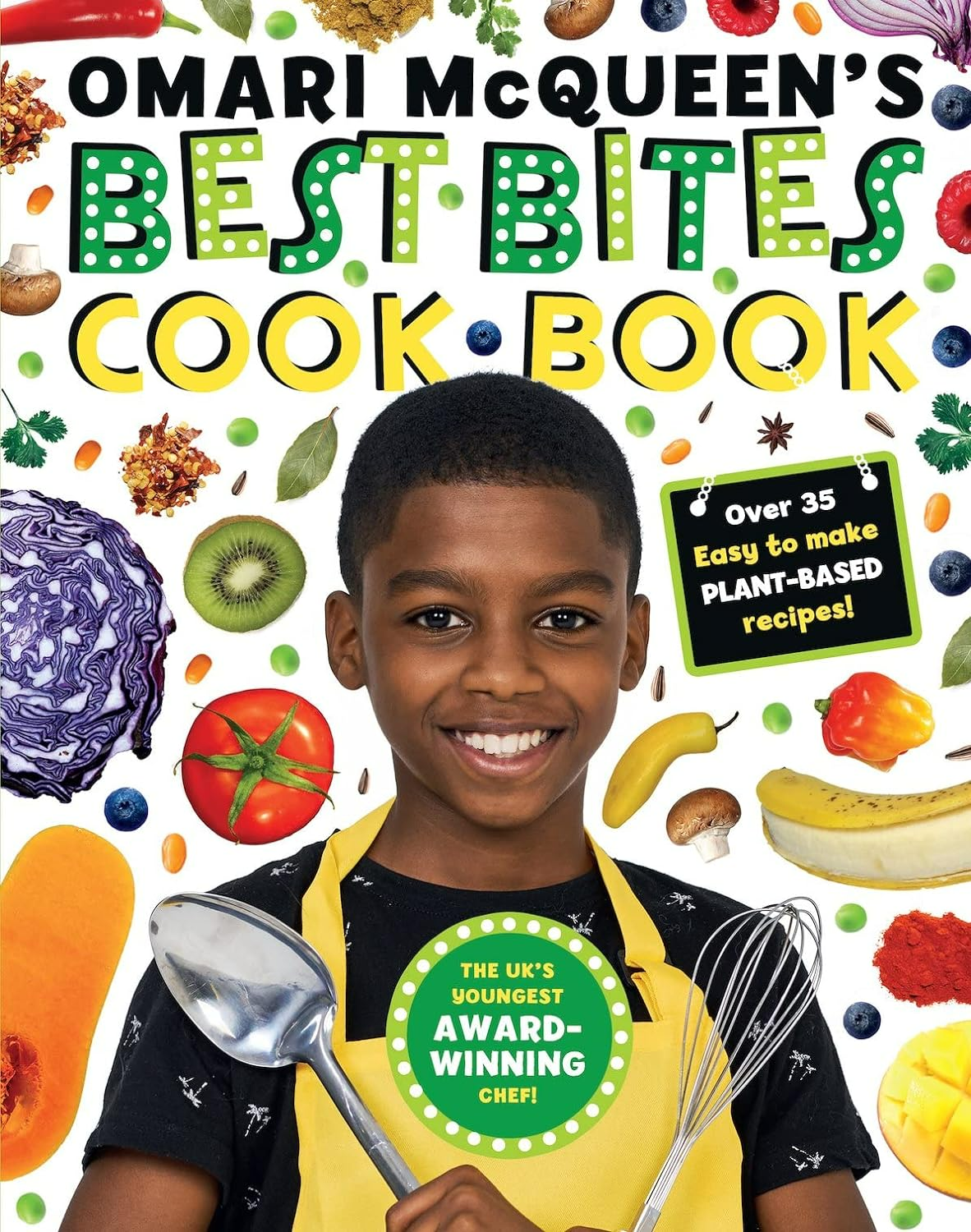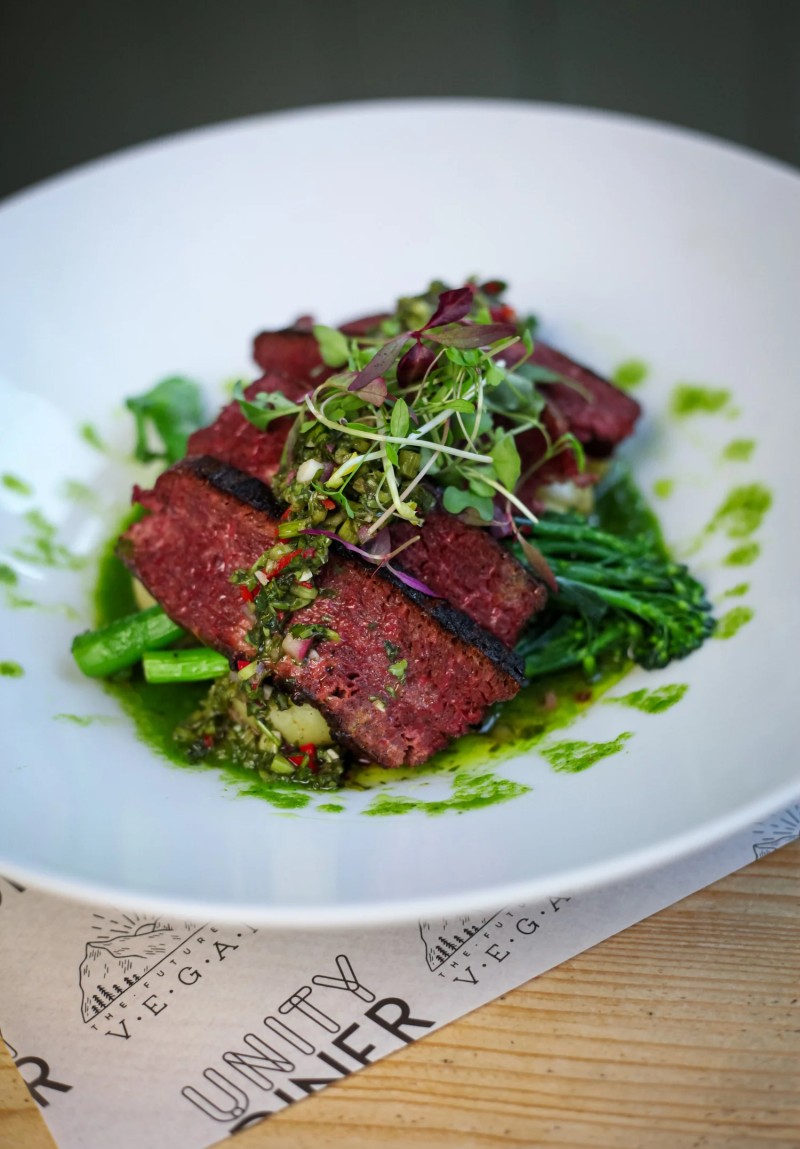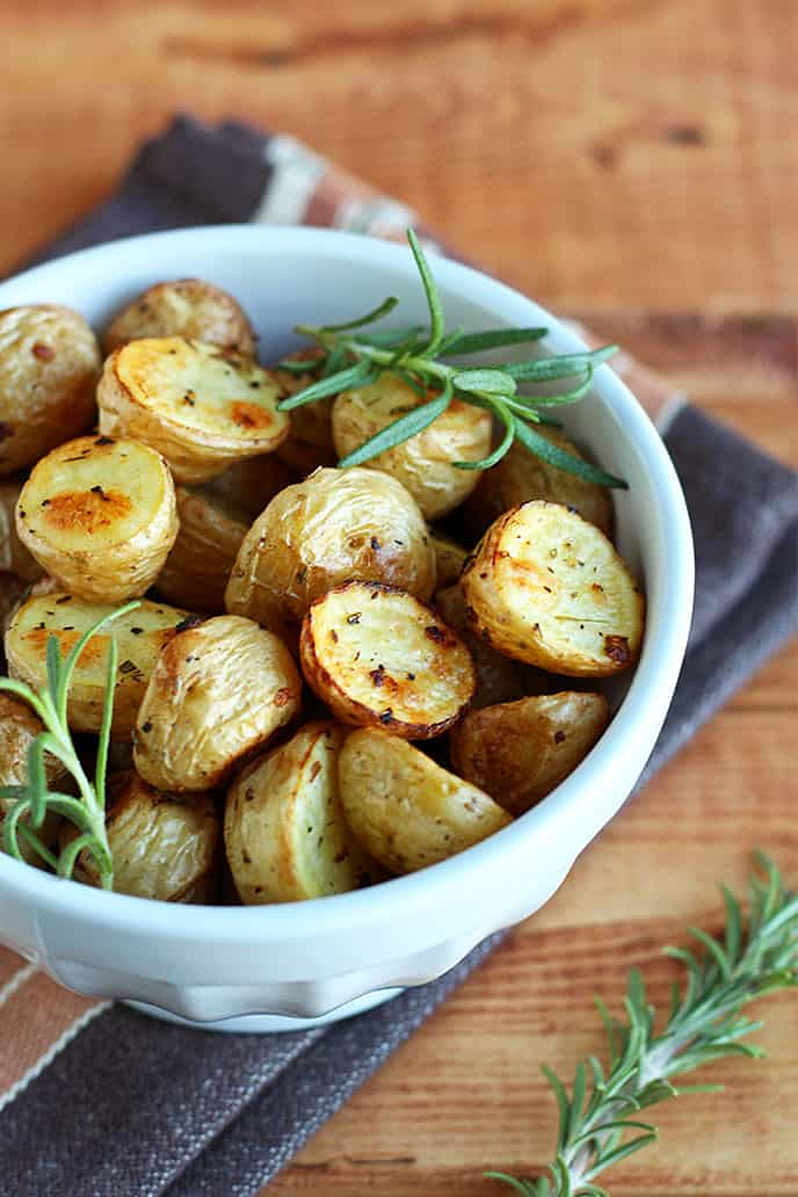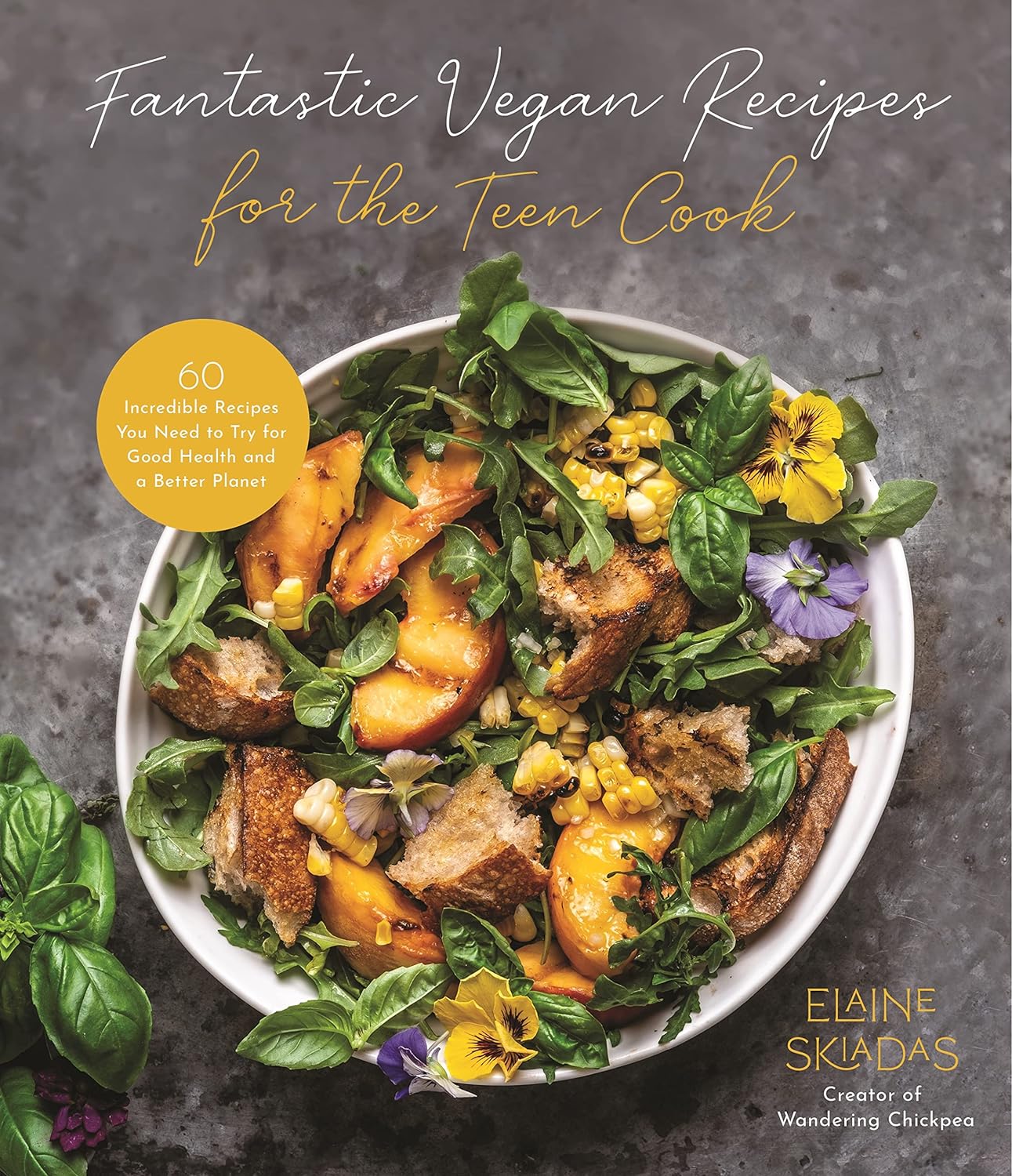Reasons to Only Use Qualified Medical Herbalists

Herbal medicine is popular in England, but it’s very important to only use qualified herbal medicine. Unlike homeopathy and medical acupuncture, there are more contraindications – natural is not always safe. Herbal medicines can have serious side effects if you start playing around with them, and often interact with other medicines and supplements.
Always tell your GP if considering using herbal medicine or supplements (or are pregnant/nursing). And only use a qualified practitioner. Find one at National Institute of Medical Herbalists or College of Practitioners of Phytotherapy Side effects are reported to MHRA Yellow Card scheme.
A qualified medical herbalist is educated to degree level, and will know of interactions with other medicines and supplements. This is far safer than asking an assistant in a health shop, who won’t be trained to know medicines (and herbal teas) to avoid recommending.
Good examples of when to use caution:
- Although recommended by many German medical doctors (as an alternative to Prozac), St John’s Wort (a herbal medicine to treat depression) can interact with anti-depressants, contraceptive pills and some heart medicines.
- Liquorice can affect people on blood pressure medication.
- Ginkgo and ginseng can thin the blood (which could affect medicines like Warfarin).
- Goldenseal can affect drug metabolism, including statins and antihistamines.
- Kava has in some cases, been linked to liver damage.
- Peppermint oil may affect antacids, and should be avoided for acid reflux
The good news is that when used correctly, herbal medicines (which can be very powerful) that do a lot of good. If you’re a sceptic, think of aspirin. This is the likely the most popular herbal medicine. And keeping rainforests safe from logging is one way to protect medicines that could indeed cure major diseases, but perhaps are not yet found.
Evidence-Based Treatments for Better Results
Qualified medical herbalists draw on research and clinical trials, and use help from guidelines like the European Herbal and Traditional Medicine Practitioners Association. They will look at evidence for herbs like valerian (for sleep), peppermint (for IBS) and chamomile (for anxiety).
They also use different prescriptions for different people, combined with lifestyle change advice. For example, a herbal prescription for anxiety may also include tips on nutrition, gentle exercise and better sleep. Then if there are no positive results, medicines will be adjusted.
Avoid Herbalists That Use Animal Parts

MHRA’s Traditional Herbal Registration scheme sets quality standards for over-the-counter products. This is not just to ensure plants are sustainable, but to avoid unregulated and illegal use of animal parts from endangered species. Such as bear bile, sea horse parts or ground-up bones from tigers and rhinos.
It’s illegal to use these in the UK anyway. Another reason why it’s so important to choose reputable medically-trained herbal practitioners, like those above.






